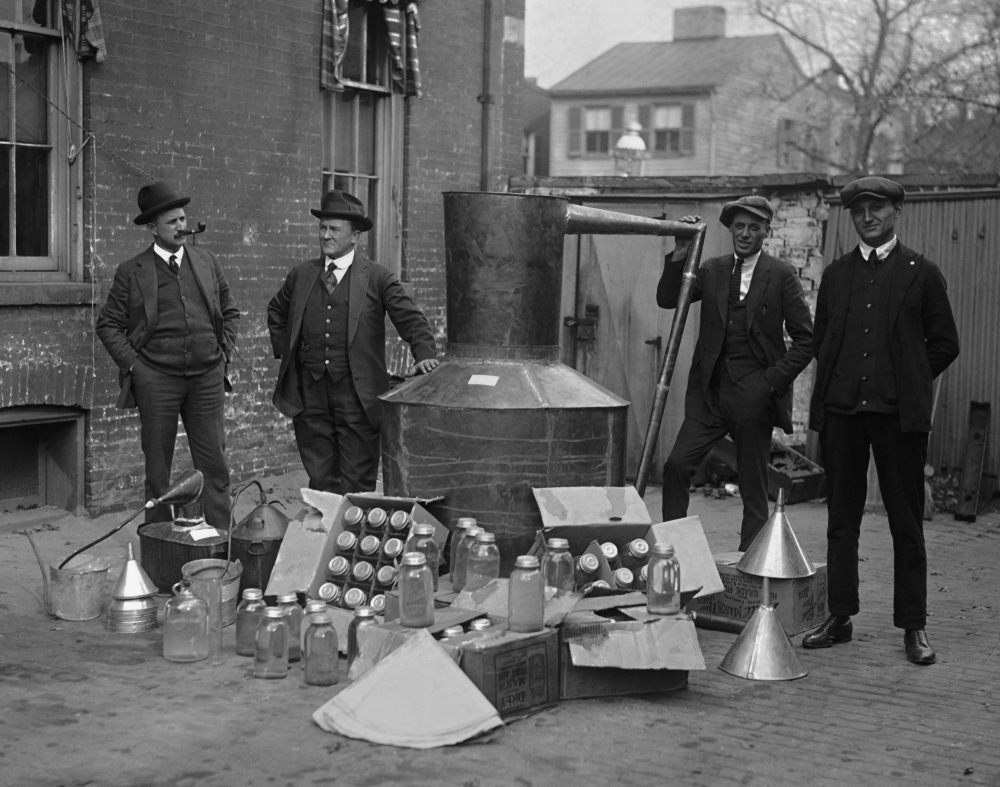In a horrifying show of shamelessness and impunity, the coroner’s report on George Floyd stated that pre-existing health conditions together with ‘any potential intoxicants in his system’ were the reason for his death. The report insinuated that Mr. Floyd and drug use were to blame for his death – not the suffocation he suffered under a police officer’s knee during an arrest in Minneapolis, USA.
There is now substantial evidence that the war on drugs has disproportionately targeted Black and Brown communities in the US, resulting in profound racial injustice. For decades, politicians in the US have used fear and misinformation to perpetuate racist stereotypes and link Black and Brown people to drug offences, creating irreparable harm to individuals and communities. Nearly half of the people in US federal prisons serving sentences for drug offences are Black and almost 60 percent are Latino. This doesn’t include those in state prisons and local jails, where the disproportionate impact on communities is even clearer.
The war on drugs has provided the architecture within which racist policing practices and mass incarceration can operate – in the US, but also around the world. As TalkingDrugs has extensively reported, anti-Blackness, systemic racism and racist policing are global problems. They work together to actively disadvantage the poorest in society, visible clearly in the design and implementation of drug laws around the world.
We can see this in the discriminatory way that the death penalty for drug offences is applied globally; in the racist policing practices around the world; and in the skewed incarceration rates which show a disproportionate impact on people of colour.
As Dr Kojo Koram captures this in his work on colonialism and the war on drugs: “the twentieth century project of global drugs prohibition has consistently reinforced racial or ethnic divisions within and between the nations of the world.”
The Death Penalty for Drug Offences
In countries which retain the death penalty for drug offences, racism plays out in different ways.
In Indonesia, there is evidence of discrimination in the judicial proceedings of people on death row for drug offences. In the case of Humphrey Jefferson, a Nigerian man executed in 2016, the verdict included the reflection that Black people coming from Nigeria were often police surveillance targets for drug trafficking offences.
In several countries in Asia and the Middle East, we know that foreigners are overrepresented on death row are half as likely to be successful at appealing their death sentence. In Saudi Arabia, at least half of the people executed for drug offences in 2018 were foreign nationals, mostly from Pakistan and Nigeria. In Malaysia, more than 1200 people are awaiting execution, the vast majority of whom were convicted for drug offences and almost half of whom are foreign nationals.
Prison populations
A staggering 64 percent of the 700,000 people detained in Brazil identify as Black. Brazil has the third largest prison population in the world and drug trafficking is the primary reason for incarceration. A study in the city of São Paulo in 2017 found that Black people were more likely to be sentenced for drug trafficking and with lower quantities of drugs than White defendants. Brazilian advocates have described a steady rise in incarceration along with a racialised discourse that links youth to drugs and violence, saying: “The Brazilian state’s actions, justified by the war paradigm, corroborate and accentuate pre-existing vulnerabilities and violations linked to race, gender, generation and class.”
Drug Arrests
In the UK, research shows that while Black people were stopped and searched for drugs at almost seven times the rate of White people, only 4.7 percent of Black people reported using drugs, compared to 9 percent of White people.
In South Africa, the war on drugs impacts disproportionately on Black and Brown citizens. Within the Western Cape, ‘coloured men’ are almost 2.5 times more likely to be arrested on suspicion of drug possession or dealing than other racial groups. This bias extends to school raids for drugs, which are limited to poorer schools. Local advocates have described an indiscriminate restriction of movement and kicking down of doors in poor Black communities, which they say is definitely not the modus operandi in the leafy suburbs of South Africa’s middle class.
The global war on drugs provides a painfully clear picture of how entrenched racism is in policing practices and sentencing policies worldwide. So, as we stand in solidarity with people protesting police brutality and white supremacy in the US, we must also understand how these systems play out across the world. In the fight for human rights and dignity, it is imperative that we recognise the impact of race and that we continually educate ourselves on the ways in which our systems, and we as individuals perpetuate racial injustice.
Naomi Burke-Shyne is the Executive Director of Harm Reduction International. Colleen Daniels is a global public health consultant based in Melbourne, Australia.


